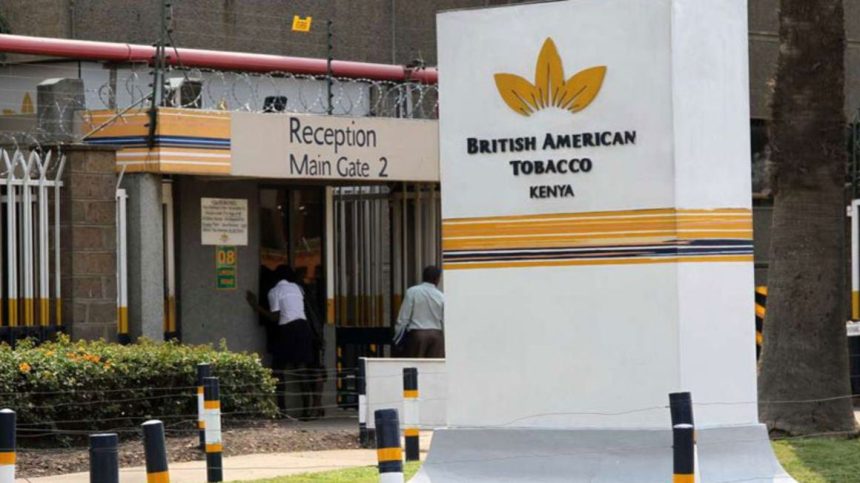BAT Kenya employee reorganisation costs doubled to Sh323.9 million last year, marking the seventh straight year the cigarette maker incurred such spending as it continued automating its processes.
The Nairobi Securities Exchange-listed firm did not indicate if the process led to job cuts, only disclosing that voluntary exits stood at three percent in the period it also attracted 25 new hires.
Its headcount stood at 320, being the same as in the previous year, helped by the new hiring. Last year, however, marked the seventh straight year of incurring restructuring costs since 2016.
The cumulative spending in the seven years now stands at Sh1.83 billion.
“Reorganisation costs reflect the costs incurred as a result of initiatives to improve the effectiveness and efficiency of the company as an integrated enterprise,” said BAT.
“These initiatives include the costs related to a review of the company’s organisational structure and manufacturing operations, to simplify the business and create an agile and fit-for-purpose company.”
BAT added that it had a “healthy level of churn” last year, which also saw at least 70 employees change roles by way of promotions or lateral moves.
The firm had over 400 workers in 2018 but the headcount has been coming down as it stepped up investments in automation.
BAT says its cigarette manufacturing plant in Nairobi’s Industrial Area was for the second year running named the best-performing factory in the BAT Group’s Americas and sub-Saharan Africa region.
The firm has been moving most of its machines to the integrated work systems (IWS) programme which it says boosts efficiencies, increases productivity and eliminates waste.
“Through the IWS-loss analysis, we delivered approximately Sh590 million in efficiency savings, helping to mitigate the impact of inflation on innovation,” says BAT.
The firm last year automated several human resources platforms including, leadership assessment, talent management, performance calibration and payslips management.
It says the automation of tasks has saved over 20,000 hours.
BAT Kenya reported a 6.3 percent net profit growth to Sh6.89 billion in the year ended December 2022, the third consecutive year of improved performance.
Shareholders last month approved a final dividend of Sh52 per share which when added to the Sh5 interim dividend for the six-month to June period, brings the total payout to Sh57 per share—the highest BAT has paid in its history.
BAT is concerned about what it terms as steep and frequent increases in excise duty rates over the last few years, which it says has triggered an increase in the rate of illicit trade.




